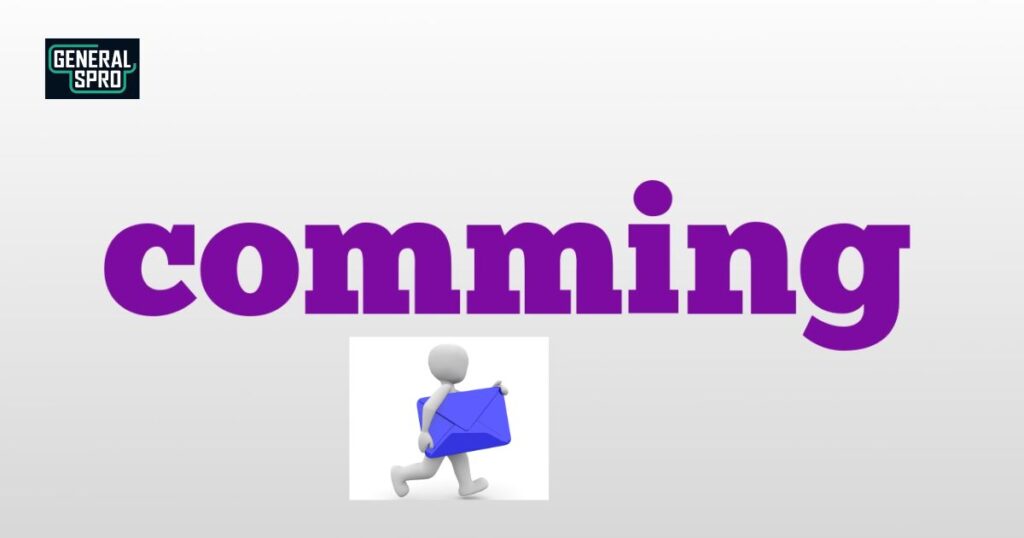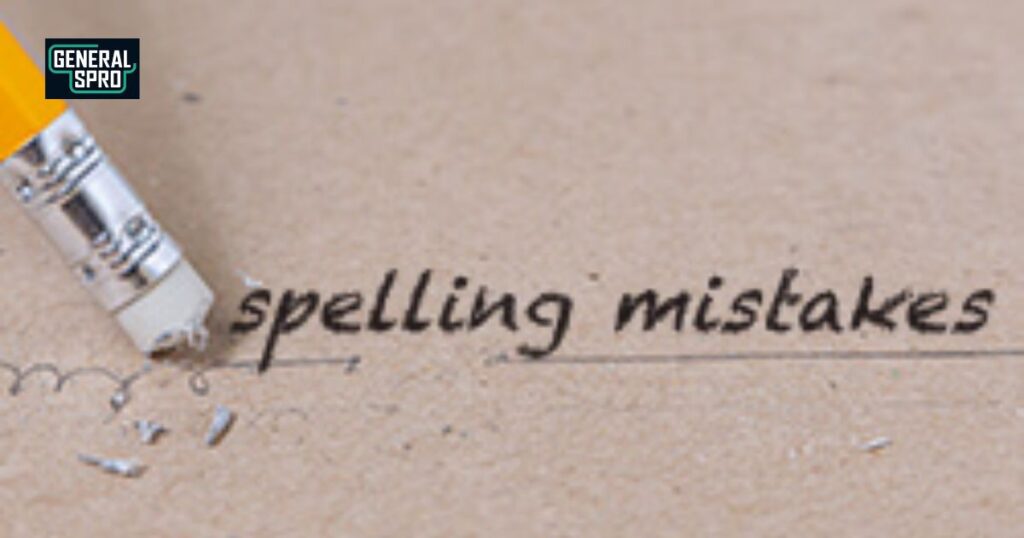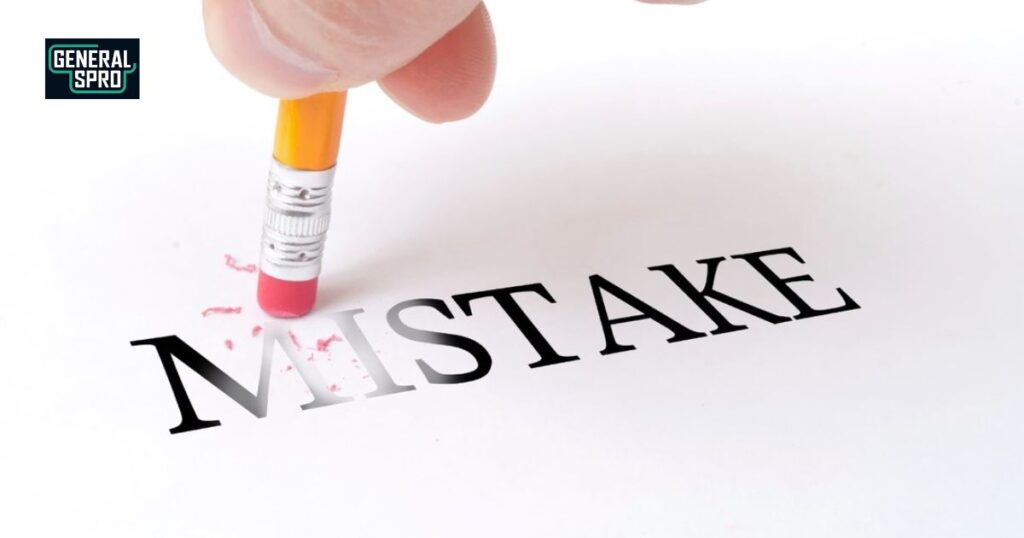In today’s fast-paced digital world, proper spelling remains a cornerstone of effective communication. One common spelling error that frequently appears in both casual and professional writing is the confusion between “coming” and “comming.”
This comprehensive guide will help you master this essential spelling rule while improving your overall English language proficiency.
Understanding the Difference: “Comming” vs. “Coming”

The distinction between “coming” and “comming” stems from fundamental English spelling rules that govern word formation. “Coming” is the correct spelling, derived from the base word “come.”
This spelling follows the standard rule for adding suffixes to words ending in ‘e’: when adding ‘-ing’ to a word that ends in ‘e’, we drop the ‘e’ before adding the suffix. Understanding this principle helps prevent one of the most common spelling errors in written English.
Why “Comming” Is Incorrect
“Comming” represents a misunderstanding of basic English spelling conventions. The root word “come” follows a pattern seen in numerous English verbs where the final ‘e’ is dropped before adding ‘-ing’.
This pattern exists to maintain proper pronunciation and preserve the word’s phonetic structure. When writers double the ‘m’ in “coming,” they’re often incorrectly applying rules that govern other word formations, such as those seen in words like “swimming” or “running.”
Scenario Example: The Incorrect Use of “Comming”
Consider this real-world example: “I’m comming to the meeting at 2 PM.” This common error can significantly impact professional credibility.
In business communications, such spelling mistakes might lead recipients to question the sender’s attention to detail or overall competence. The incorrect spelling stands out particularly in formal documents, where precision matters most.
The Correct Use: “Coming”
“Coming” serves as the present participle of “come” and appears in various contexts, from casual conversations to formal writing. The word follows the pattern established by similar verbs like “make” (making), “take” (taking), and “write” (writing).
Understanding this consistency in English spelling patterns helps writers maintain accuracy across different forms of communication.
Here’s a practical usage table:
| Context | Correct Usage | Example Sentence |
| Present Continuous | is/are coming | The team is coming to the conference. |
| Future Plans | will be coming | They will be coming to dinner tonight. |
| Gerund | coming as noun | Their coming brought joy to everyone. |
Scenario Example: The Correct Use of “Coming”

In professional settings, proper usage might appear as: “I’m coming to the quarterly review meeting to present our findings.” This demonstrates both correct spelling and appropriate context. The proper spelling enhances message clarity and maintains professional standards in written communication.
Why Do We Make This Mistake?
The confusion often arises from the complex nature of English spelling rules and their numerous exceptions. Non-native speakers particularly struggle with this aspect of English, as many languages have more phonetic spelling systems.
Additionally, the presence of double consonants in other English words (like “swimming”) can lead to overgeneralization of spelling patterns.
The Silent “E” Rule
The silent ‘e’ rule represents one of English’s most important spelling conventions. This rule states that when adding a suffix beginning with a vowel (like -ing) to a word ending in ‘e’, we typically drop the ‘e’.
Understanding this principle helps writers master not just “coming,” but numerous other words following the same pattern.
Common examples include:
- make → making
- take → taking
- write → writing
- hope → hoping
How Writing Tools Can Help
Modern technology offers numerous resources for improving spelling accuracy. Popular tools include:
- Grammar checking software (Grammarly, Microsoft Editor)
- Online dictionaries with pronunciation guides
- Language learning apps with spelling exercises
- Word processing software with built-in spell check
However, it’s crucial to understand that these tools should supplement, not replace, fundamental spelling knowledge.
Examples of “Coming” in Different Contexts
Professional communication requires precise language use. Here are examples demonstrating correct usage across various situations:
In Business: “I’m coming to the board meeting with updated projections.”
In Academic Writing: “The coming semester brings new research opportunities.”
In Casual Communication: “Are you coming to the team lunch today?”
The Role of Proper Spelling in Effective Writing
Proper spelling significantly impacts professional credibility and communication effectiveness. Research shows that spelling errors can reduce reader confidence in written content by up to 50%.
In professional settings, proper spelling demonstrates attention to detail and respect for communication standards.
Avoiding the “Comming” Trap: Tips for Writers
To consistently use the correct spelling:
- Remember the base word “come”
- Apply the silent ‘e’ rule
- Practice writing the word in context
- Review similar word patterns
- Use memory techniques linking the spelling to the meaning
The Evolution of English Spelling Rules
The development of English spelling conventions has been shaped by centuries of linguistic evolution, incorporating influences from multiple languages including Latin, French, and Germanic roots.
This complex history explains why some spelling rules, like those governing words like “coming,” might seem counterintuitive at first glance. Understanding this historical context helps learners appreciate why certain spelling patterns emerged and persist in modern English.
Digital Communication and Spelling Accuracy
In our increasingly digital world, the importance of correct spelling has not diminished—if anything, it has become more crucial.
With the prevalence of email, instant messaging, and social media, written communication often serves as our first impression in both professional and personal contexts.
The correct spelling of words like “coming” can significantly impact how others perceive our messages and professional competence.
The Psychology Behind Spelling Mistakes

Research in cognitive psychology reveals that spelling errors often occur due to the way our brains process language patterns.
When we encounter words like “coming,” our minds might automatically try to apply familiar patterns from similar-sounding words, leading to incorrect assumptions about doubling consonants.
Understanding these psychological mechanisms can help us develop more effective strategies for avoiding common spelling errors.
Cultural Implications of Spelling Proficiency
Across different English-speaking cultures, attitudes toward spelling accuracy vary significantly. While some regions place heavy emphasis on precise spelling as a marker of education and proficiency, others may be more tolerant of variations.
However, in professional and academic contexts worldwide, proper spelling of commonly used words like “coming” remains a universal expectation.
The Impact of Spelling on Search Engine Optimization
In the digital age, correct spelling plays a crucial role in search engine optimization (SEO). Search engines have become increasingly sophisticated in understanding user intent, but proper spelling still affects how content is indexed and ranked.
Using the correct spelling of “coming” ensures better visibility and credibility in online content.
Learning Strategies for Visual Learners
Visual learners often benefit from specific techniques when mastering spelling rules. Creating mental images, using color coding, or developing visual mnemonics can help reinforce the correct spelling of words like “coming.”
These strategies can be particularly effective when combined with understanding the underlying spelling rules.
The Role of Phonetics in Spelling
Understanding phonetic patterns helps explain why “coming” is spelled with a single ‘m’. The relationship between sound and spelling in English follows certain patterns, even though exceptions exist.
Recognizing these phonetic principles can aid in mastering not just this word, but many others following similar patterns.
Building Professional Writing Confidence
Mastering common spelling rules contributes significantly to writing confidence in professional settings.
When writers know they’re using correct forms like “coming,” they can focus more on content and less on second-guessing their spelling choices. This confidence often translates into more effective and persuasive communication.
Technology’s Role in Spelling Education
Modern educational technology offers innovative approaches to teaching spelling rules. From interactive apps to adaptive learning platforms, these tools can help reinforce proper spelling patterns.
However, understanding the fundamental rules behind words like “coming” remains essential for long-term mastery.
Global English and Spelling Standards
As English continues to serve as a global language, maintaining consistent spelling standards becomes increasingly important.
While regional variations exist in some words, the spelling of “coming” remains constant across English-speaking countries, making it a reliable standard for learners worldwide.
The Economic Impact of Spelling Errors

Studies have shown that spelling errors can have significant economic implications for businesses.
From lost sales due to poorly written marketing materials to decreased confidence in professional communications, the impact of misspelling common words like “coming” can affect bottom-line results.
Cognitive Processing in Spelling
Research in neurolinguistics reveals how our brains process spelling patterns. Understanding these cognitive mechanisms can help educators and learners develop more effective approaches to mastering challenging spelling rules, including those governing words like “coming.”
Future Trends in Spelling Education
As educational methods continue to evolve, new approaches to teaching spelling emerge. While traditional methods remain valuable, innovative techniques incorporating technology and personalized learning strategies show promise in helping students master essential spelling rules more effectively.
The Social Impact of Spelling Proficiency
In social and professional networks, spelling accuracy often serves as a marker of attention to detail and educational background.
The ability to consistently use correct forms like “coming” can influence social perceptions and professional opportunities in subtle but important ways.
Integrating Spelling into Broader Language Skills
Effective spelling instruction works best when integrated with broader language skills development.
Understanding how words like “coming” fit into larger patterns of English usage helps learners develop more comprehensive language proficiency, enhancing both written and verbal communication abilities.
FAQ’s
Why do people often misspell “coming” with two m’s?
The confusion typically stems from other English words that do double their consonants, like “running” or “swimming.” However, “coming” follows different spelling rules because of its root word “come.”
Does the spelling change in British vs. American English?
No, “coming” maintains the same spelling in both British and American English. This consistency makes it easier for international business communication and global English learning.
How can I remember the correct spelling of “coming”?
Remember the base word “come” and the rule: when adding -ing to a word ending in ‘e’, drop the ‘e’ and add -ing. This pattern works for similar words like “making” and “taking.”
Will spell-check always catch the “comming” error?
Most modern spell-checkers will identify “comming” as incorrect, but it’s important not to rely solely on technology. Understanding the underlying rule helps ensure consistent correct usage.
Are there any exceptions to this spelling rule?
No, the word “coming” has no alternative spellings or exceptions. It consistently follows the standard rule for words ending in ‘e’ when adding the -ing suffix.
How important is this spelling in professional settings?
Very important—proper spelling of common words like “coming” significantly impacts professional credibility and can influence how colleagues and clients perceive your attention to detail.
What’s the easiest way to practice this spelling?
Regular writing practice and conscious attention to the word’s use in professional emails and documents help reinforce the correct spelling pattern naturally over time.
Can regional accents affect how people spell this word?
While regional accents might influence how people pronounce “coming,” the spelling remains constant regardless of accent or dialect in standard written English.
Conclusion
Mastering the correct spelling of “coming” represents more than just memorizing a single word—it demonstrates understanding of fundamental English spelling patterns.
By applying these principles consistently, writers can enhance their overall communication effectiveness and professional image. Remember: proper spelling isn’t just about correctness; it’s about clear, effective communication that builds credibility and trust.








